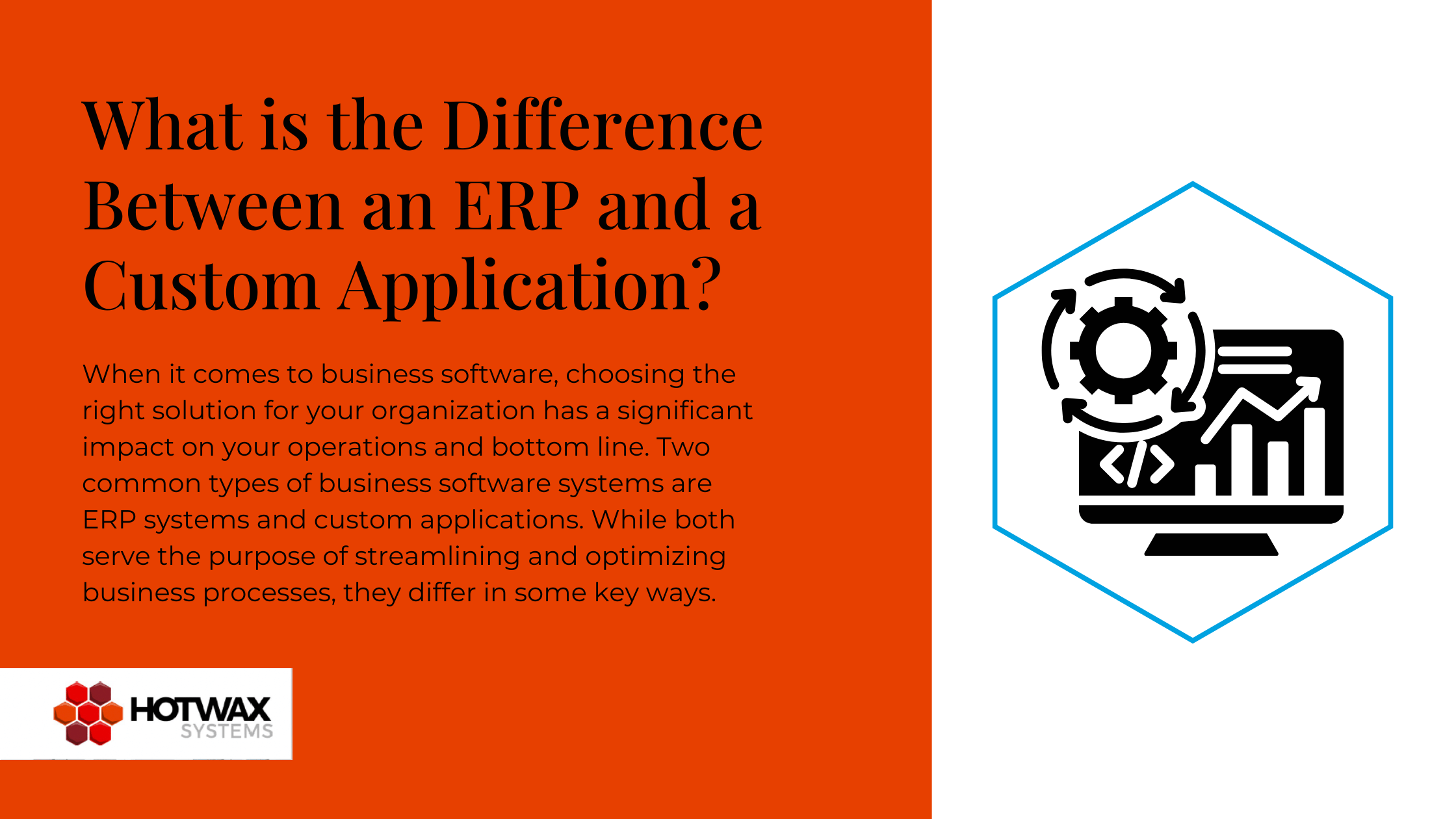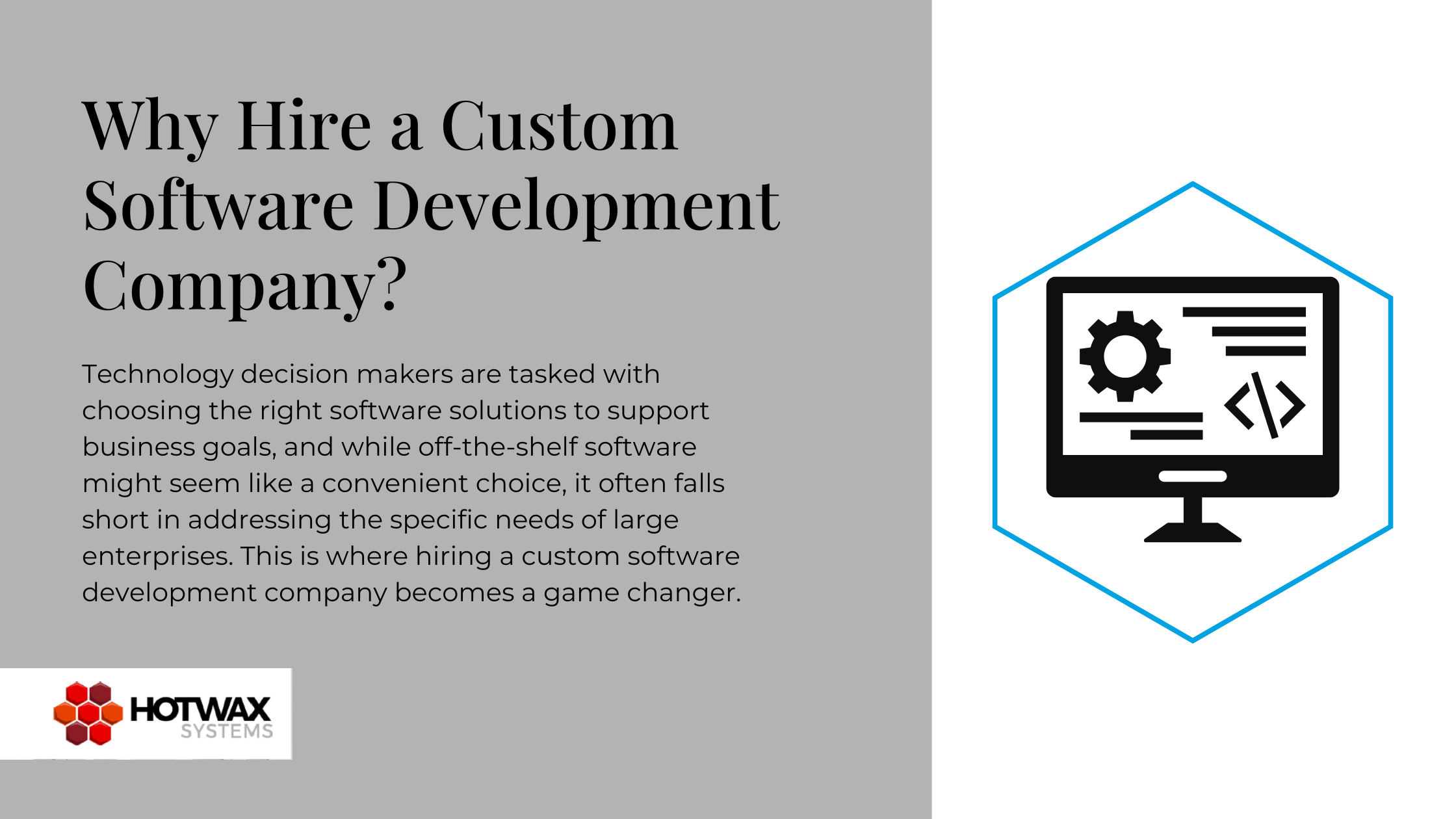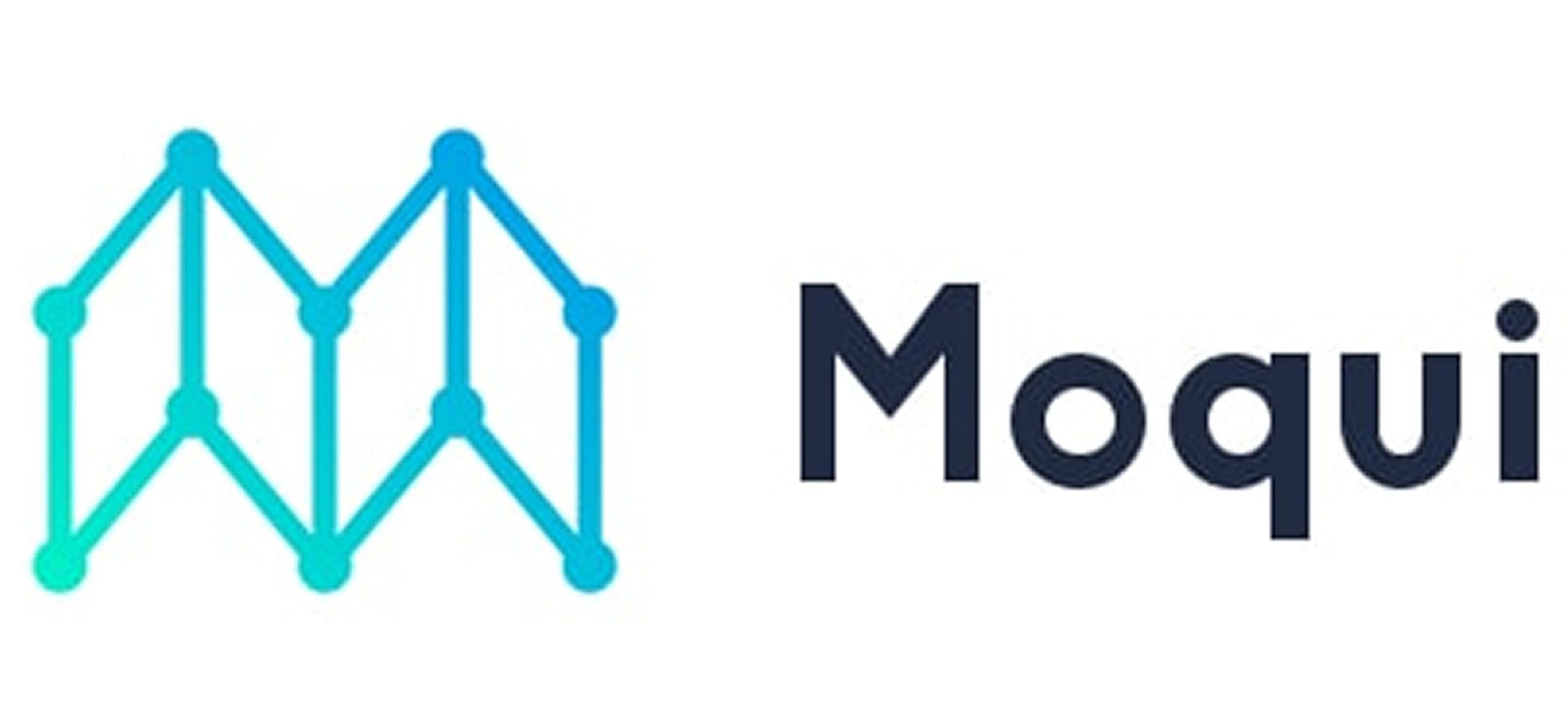When it comes to business software, choosing the right solution for your organization has a significant impact on your operations and bottom line. Two common types of business software systems are ERP systems and custom applications. While both serve the purpose of streamlining and optimizing business processes, they differ in some key ways.
1. Definition and scope
ERP
An ERP is a software platform that automates and manages the core processes of a business, such as finance, human resources, supply chain, inventory management, etc. ERPs provide a centralized database that allows different departments within an organization to share data and work collaboratively in real time. They are essential pieces of software that businesses around the world rely on.
Custom application
A custom application is a tailor-made software solution designed to meet the specific needs of a business. Unlike an ERP, which is (or can be) pre-built and designed for general use across industries, a custom application is developed based on unique business-specific requirements, processes, and workflows. It can be as simple or complex as necessary to handle one or more functions within an organization.
2. Functionality
ERP: comprehensive, pre-built features
ERPs come with a broad range of pre-configured features and modules that cover most standard business operations. These systems are often industry-agnostic, meaning they can be used by various types of businesses with minimal customization. Major ERP providers like Apache OFBiz™ offer a wide array of functionalities out-of-the-box, and depending on the solution you choose, you can customize an ERP to a degree (especially if it’s open source and / or your team specializes in custom open source solutions).
Custom application: specific, tailored features
Custom applications, on the other hand, are built from scratch or heavily modified versions of existing systems to cater precisely to your organization’s specific needs. You have full control over the features and functionality, which means you can design the software to align perfectly with your business processes, no matter how niche or unique. This makes custom applications extremely flexible and adaptable to your specific workflows.
3. Implementation time
ERP: faster deployment
ERPs are ready-made systems that may follow a more structured implementation process, especially when an out-of-the-box model is used. Though the implementation can take several months, depending on the size and complexity of your organization, because ERPs offer pre-built modules, the deployment may be faster than building a custom solution from scratch.
Custom application: longer development cycles
Custom applications require time for planning, design, development, and testing. Since they are tailored specifically to your needs, you need to go through an extensive software development life cycle, which can take several months, depending on the project's scope. While this ensures you get exactly what you need, the process can be longer.

4. Cost
ERP: potentially higher upfront and recurring costs
ERP systems can have high upfront licensing costs when the system is proprietary, as well as ongoing costs for maintenance, upgrades, and support. The total cost of ownership can be significant, as an ERP is a really extensive piece of software. If you want any customization within your ERP you'll need to hire external consultants or developers who specialize in custom solutions (like us). Typically, we find that large, mainstream solutions from big name brands like SAP end up costing the most.
Custom application: potentially higher development costs, lower recurring costs
Building a custom application can involve higher initial development costs since you are essentially creating a solution from scratch. However, once the application is built, you have more control over ongoing costs. Maintenance and upgrades may be less expensive since you are not locked into vendor-specific pricing models (this is pretty much always true when not using a proprietary solution) or required to pay for features that you don’t need.
5. Flexibility and customization
ERP: more limited flexibility
While ERP systems offer a wide range of features, their flexibility can be somewhat limited depending on the vendor's design and open or closed source nature of the system. Customizing an ERP can be challenging because the system is built with a specific architecture, and thus requires a very experienced and technical team if any additions / changes are to be made. This changes somewhat if the ERP is an open source model like Moqui, for example, that’s designed with flexibility in mind and can easily straddle the line between an ERP and custom application.
Custom application: complete flexibility
Custom applications provide unmatched flexibility. You can design, modify, and scale the software as your business evolves. Whether you're looking to add new features, integrate with other software, or adjust workflows, custom applications allow you to do so with fewer limitations. You have the freedom to adapt the software as your business grows or changes, without being restricted by the constraints of a pre-built, closed source system.
6. Scalability
ERP: designed for scaling
ERPs are built to accommodate the needs of growing businesses. Enterprise-level ERPs are designed to handle large volumes of data and users, and they offer many scalability features, especially when they're open source.
Custom application: scalable but may require ongoing development
Custom applications can be scaled to meet the needs of a growing business, but this may require additional development effort depending on the business needs. As your organization grows, your custom application will need to evolve as well. While this allows for greater control, it also means potentially more ongoing investment in development.
7. Integration with other systems
ERP: seamless integration
ERPs are designed to integrate with a wide range of third-party tools and software solutions. However, integrating with custom or less common systems can be difficult or require additional development work depending on the ERP. This is one perk of going with an open source solution, since the open source nature allows for more seamless integration and flexibility that may not be found with a closed source, proprietary solution.
Custom application: tailored integration
Custom applications offer the advantage of being designed to integrate seamlessly with any other software that your organization uses. Whether you're connecting to legacy systems, proprietary tools, or other custom applications, you can design the integration to meet your exact needs. This level of tailored integration ensures that all your systems work together harmoniously.

Conclusion: which is right for your business?
The choice between an ERP and a custom application depends on your business's unique needs, budget, and long term goals. ERPs are ideal for businesses that need a comprehensive, potentially off-the-shelf solution with relatively fast implementation and standard functionality across various departments. They work well for companies that want to streamline operations without necessarily diving into extensive customization.
On the other hand, if your business has specific, complex requirements that can't be met by an out-of-the-box solution, a custom application might be the better choice. Although the development process can be longer upfront, the flexibility and control you gain over the software can lead to more efficient operations in the long run.
Ultimately, understanding the key differences between these two types of software can help you make a more informed decision that aligns with your business strategy and growth aspirations.






